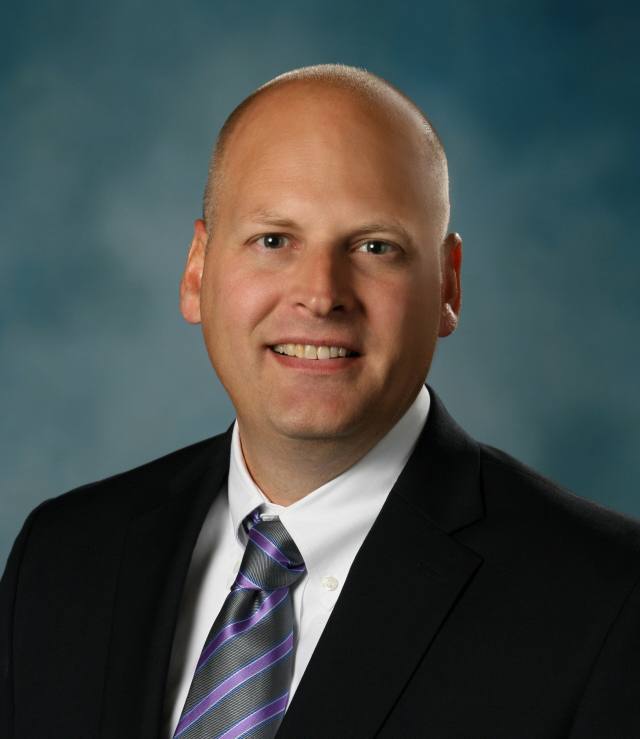Our country is in the midst of racial, economic, and social turmoil few of us have observed before. Apt is the comparison to the 1960’s, when civil unrest, political strife, and shifts in cultural norms changed the American landscape.
How can we as a school bring reconciliation to the current cultural and racial angst? How do we teach and model love for our brothers and sisters in a way that holds firm to biblical truth? How can we as staff, parents, and students pursue justice and peace? While these issues are necessarily complex, below are ten important principles, which include a few of the biblically-informed tenets of the Civil Rights movement.
- Racism, which can be defined as “An explicit or implicit belief or practice that qualitatively distinguishes or values one race over other races,” is wrong and sinful. God hates racism, and as Believers in the gospel we should seek to eliminate all forms of racism.
- All human beings are born in the image of God (Genesis 1:27) and are fearfully and wonderfully made (Psalm 139:14). All human beings are also born in sin and in need of a Savior. We must acknowledge our own blindness and proclivity to fall even in what may appear subtle ways (1 Corinthians 10:12).
- Pride is our enemy. As John Piper writes in relation to the sin of racism, “The sin of pride will subtly contaminate all our relationships, even where it is not recognized. A disease does not have to be diagnosed in order to infect and kill.”
- Our commitment to faithful local churches can stem the tide of racism. Martin Luther King, Jr. wrote, “There was a time when the church was very powerful – in the time when the early Christians rejoiced at being deemed worthy to suffer for what they believed. In those days the church was not merely a thermometer that recorded the ideas and principles of popular opinion; it was the thermostat that transformed the mores of society.”
- As Christians we should observe basic rules of civility and courtesy to all people and refrain from the violence of fist, tongue, or heart.
- As King said in his famous speech, we believe all men are created equal, and desire that all people will be judged not by the color of their skin but by the content of their character.
- Rather than aligning with a particular social movement or political ideology – as they often have anti-Christian connotations and agendas – we commit to being salt and light in our culture (Matthew 5:13-16), striving to do unto others as we would have done unto us (Matthew 7:12).
- We would all do well to heed King’s admonition regarding the law: “In no sense do I advocate evading or defying the law… That would lead to anarchy. One who breaks an unjust law must do so openly, lovingly, and with a willingness to accept the penalty.”
- Christians are to love all people and to serve as Christ’s ambassadors to a world in desperate need of the gospel. As Piper writes, “The aim is biblical maturity – thoughtful, balanced, careful, informed, humble, experienced, wise, Jesus-exalting, God-centered, gospel-strengthened growth in the way we think and talk and act in regard to race and ethnicity – and in relation to real people different from ourselves.”
- Jesus Christ is our hope and our salvation and the gospel is the antidote to sin, including the sin of racism. Realizing our first and primary need is to be reconciled to God in Jesus, we can then live out that reconciliation by extending love to others by the power of the Holy Spirit. God’s grace is enough to save, restore, reconcile, and make new all relationships.
